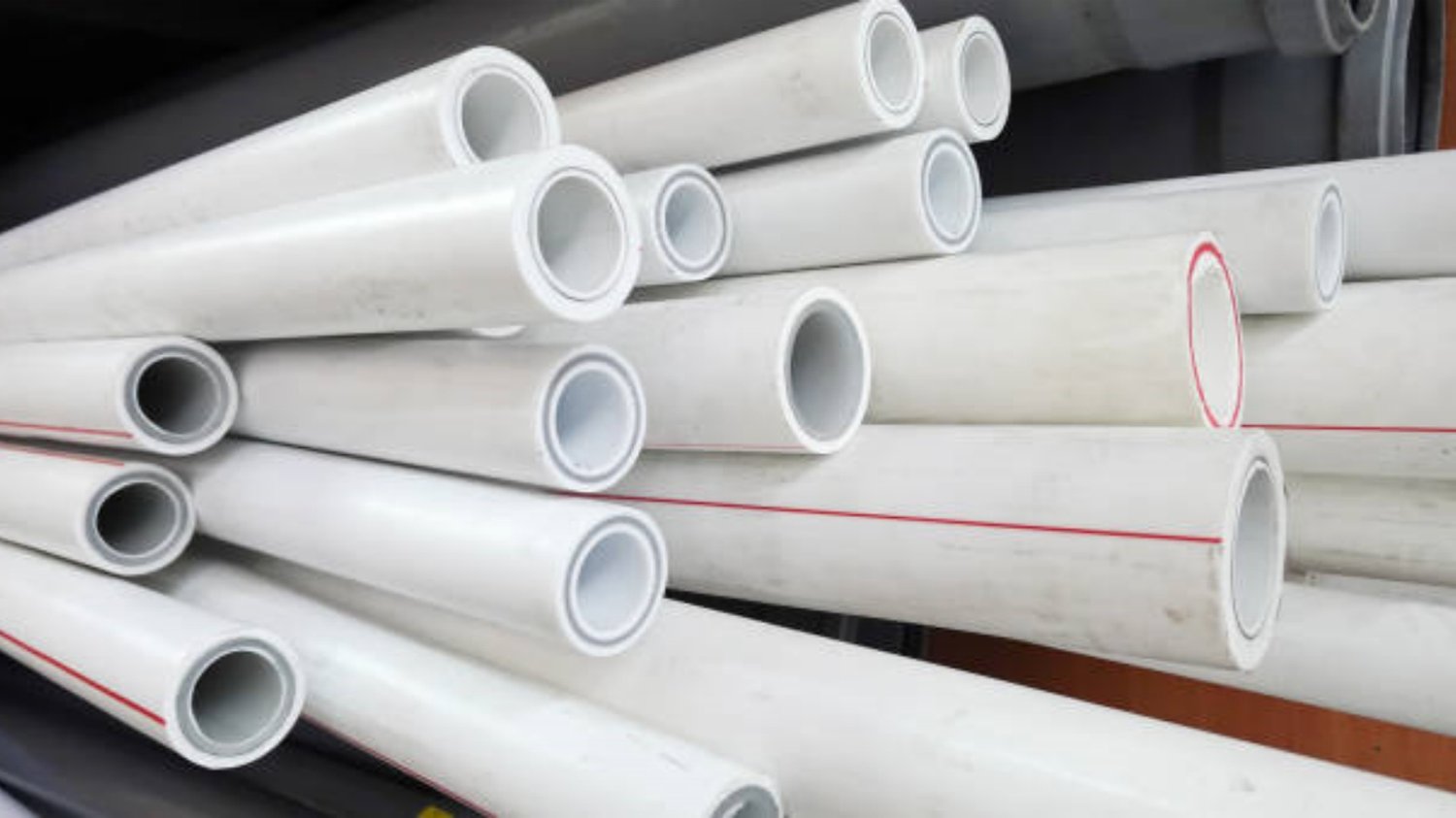The Most Common Steel Pipe Material Explained
When it comes to construction and infrastructure, steel pipe is an incredibly important material. It is strong, durable, and highly resistant to corrosion. But with so many different types of steel available, it can be difficult to know which one to choose. In this article, we will explore the most common steel pipe material.
1. Carbon Steel
Carbon steel is the most commonly used steel pipe material. It is made of iron and carbon, and its strength and durability make it a popular choice for many applications. However, carbon steel is susceptible to corrosion if not properly protected, so it is often coated or lined with other materials.
2. Stainless Steel
Stainless steel is another commonly used steel pipe material. It is made of iron, carbon, and at least 10.5% chromium, which gives it a high level of resistance to corrosion. This makes it a popular choice for pipelines that transport chemicals or other corrosive materials.
3. Galvanized Steel
Galvanized steel is a type of carbon steel that has been coated with a layer of zinc to protect it from corrosion. This makes it a popular choice for outdoor applications, such as fencing or water pipelines. However, galvanized steel can be more expensive than other types of steel.
4. Alloy Steel
Alloy steel is a type of steel that contains additional elements such as manganese, nickel, or chromium. This gives it greater strength and durability than carbon steel. Alloy steel is commonly used in high-pressure, high-temperature applications, such as steam pipelines or oil refineries.
5. Carbon-Molybdenum Steel
Carbon-molybdenum steel is a type of alloy steel that contains added molybdenum. This improves its strength and corrosion resistance, making it a popular choice for pipelines that transport oil or gas under high pressure.
6. Low-Temperature Steel
Low-temperature steel is a type of steel that is designed to withstand extreme cold temperatures. It is commonly used in cryogenic applications, such as in the transportation of liquefied natural gas.
7. Carbon Steel with Plastic Liner
Carbon steel pipes can also be lined with plastic to protect against corrosion. This is especially useful in applications where the pipe will be exposed to corrosive materials, such as wastewater treatment plants.
8. Ductile Iron
Ductile iron is a type of cast iron that has been treated with magnesium to make it more malleable. It is commonly used in water pipelines, as it is highly resistant to corrosion and can withstand high pressure.
9. Copper
Copper is a non-ferrous metal that is sometimes used in pipelines. It is highly resistant to corrosion and has good thermal conductivity. However, copper is more expensive than other types of steel, and can be prone to leaks if not properly installed.
10. PVC and Other Plastics
While not technically a steel material, PVC and other plastics are often used in pipelines. They are lightweight, inexpensive, and highly resistant to corrosion. However, they can be more prone to leaks and damage than steel pipes.

